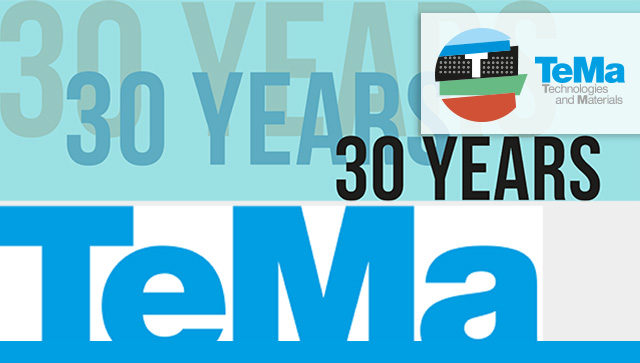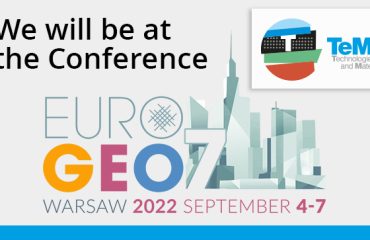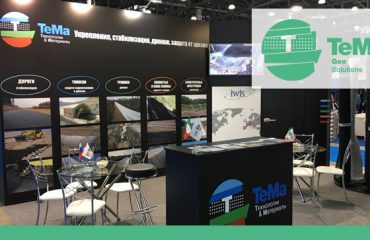
TeMa Technologies and Materials has just celebrated thirty years in business. A spin-off of Tegola Canadese, it was actually established in 1993 with the aim of expanding its presence into the commercial, civil and geotechnical construction space. Focused on products and systems to protect building foundations from rainwater and groundwater, the company went on to gain impressive international experience, becoming a go-to provider for the making safe of landfills, handling of contaminated sites, and soil reinforcement systems with solutions designed to be increasingly resilient, even in the face of extreme weather events.
TeMa is headquartered in Italy and is present on four continents with facilities in Italy, the US, South Africa, Spain, Turkey, India, Romania and Russia. Our sales are projected to reach the 100 million euros mark, demonstrating significant growth, doubling our 2021 revenues. A 100% increase within the space of just four years.
Rapidity, speed and reliability are the cornerstones of our relationship with the market, qualities that are paired with innovation, development of human resources and a strong environmental commitment. This sense of environmental responsibility is linked to the fact that our main manufacturing facility is located in an industrial area in Vittorio Veneto set between the unspoilt forests of the Cansiglio plateau and the hills recognized as a UNESCO World Heritage site. A heartfelt respect for the region that we’ve proudly professed from day one of our industrial journey.
This is why, for TeMa, sustainability is about much more than just green claims: we recover quality plastics through two recycling plants for the reuse of polypropylene and high-density polyethylene, one in Russia and one in Romania. All waste materials are sorted and put through grinding, washing and filtering cycles, before being extruded and used to make new products.
Over our 30 (+1) years in business, TeMa has risen to the sustainability challenge with a growing awareness of the importance of this issue, coming up with environmentally friendly solutions for geotechnical applications. One notable example is our range of products for the construction of “reinforced soil retaining walls”, in addition to our specialist area: the development of innovative and effective materials for use in embankments, road ditches, hillside terracing, landfills and contaminated sites. TeMa earth-retaining systems use the actual soil in place of traditional reinforced concrete products, encouraging vegetation growth and being undeniably better for the landscape. Our solutions include geonets, geomembranes and metal structures featuring different angles, designed to support the soil on their own and control rainwater. Many applications include the use of pre-seeded biodegradable matting.
With TeMa products, processes can now be employed that enable a considerable saving in terms of the CO2 emissions involved in handling materials. The resulting reduction in environmental impact is amazing! By doing away with the need for gravel and instead using the soil excavated on site, the energy used to transport materials is kept to a minimum. This approach means structures can be built to be impact resistant, withstanding even violent weather events, which there has certainly been no shortage of in recent years.
TeMa stands as a bastion of modernity in the industry, forever trying out competitive technologies — in our laboratories — in order to come up with simple and efficient materials, products and systems. These solutions are underpinned by research, experimentation and testing: a team of professionals — men and women, engineers and technicians — who all bring their individual area of expertise to the table and are driven by a commitment to customer outcomes, offering support, assistance and an attentive ear.
While ESG (Environmental, Social, Governance) factors are only now becoming mainstream among many businesses, these issues have always been at the very core of TeMa’s corporate philosophy. TeMa products have helped save thousands of loads of aggregate from being quarried and transported over the last thirty-plus years, which has had an extremely positive impact on the environment.




